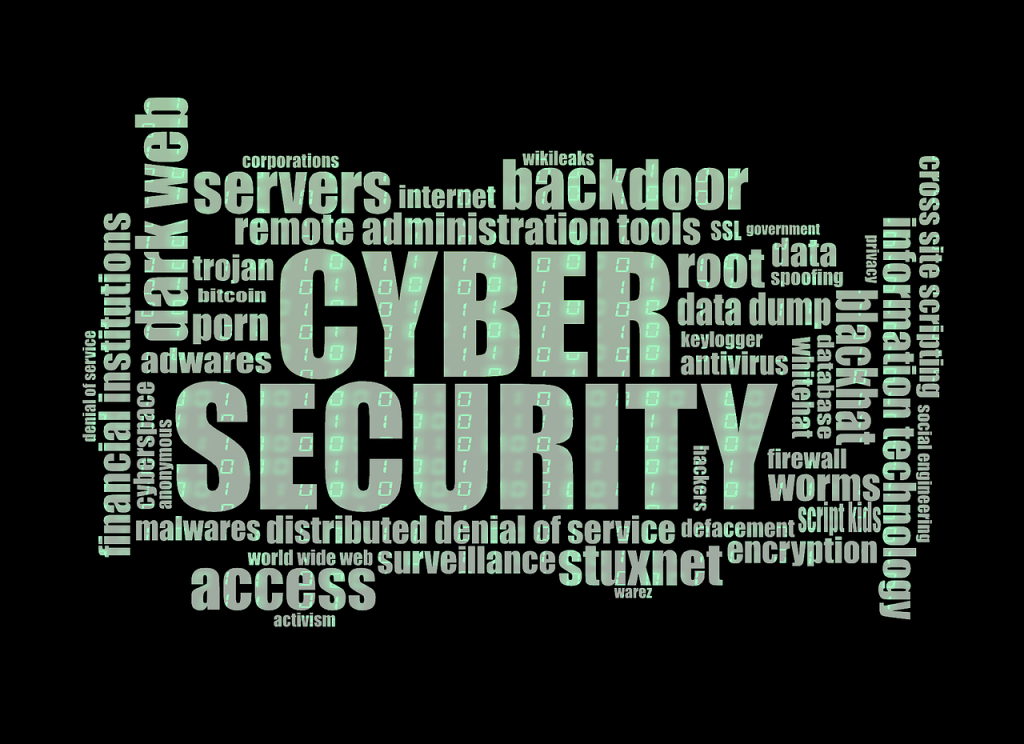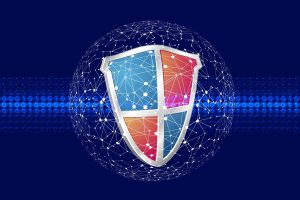VPNs: Enhancing Privacy and Security While Browsing

The internet has become an integral part of modern life. We use it for work, education, communication, entertainment, and more. However, as our online activities increase, so does the risk to our privacy and security. Internet service providers (ISPs), government agencies, hackers, and advertisers can monitor our online behavior and collect our personal data without our consent. This is where virtual private networks (VPNs) come in. VPNs enhance privacy and security by creating an encrypted tunnel between your device and the internet. This prevents outsiders from seeing your online activity and sensitive information.
In this essay, I will discuss how VPNs work, the benefits they provide, the drawbacks to consider, and tips for choosing a reliable VPN service. With cyber threats on the rise, taking steps to protect your privacy and security online is more important than ever.
How VPNs Work
A virtual private network, or VPN, extends a private network across a public one like the internet. It allows you to send and receive data across shared networks as if your computing devices were directly connected to the private network. The defining characteristic of a VPN is that it encrypts your internet traffic and obscures your online identity.
Here is a simple overview of how VPNs work:
– Your computer connects to a VPN server, usually run by a VPN service provider. This connection is encrypted using protocols like OpenVPN or IPSec.
– The VPN server acts as a gateway between you and the public internet. It assigns you a new IP address, masking your actual one.
– Your web traffic is routed through the VPN server. All data is encrypted while in transit, preventing outsiders from accessing it.
– The VPN server directs your traffic out to the public internet to reach the website or service you requested. The website only sees the IP address of the VPN server, not your real IP address.
– The return data goes back through the VPN tunnel to your device. The VPN decrypts the data so you can access websites and apps as usual.
Essentially, a VPN extends a private, encrypted tunnel from your device all the way to the public internet. All external parties only see the endpoint of the tunnel, not you. This provides security and anonymity while browsing.
Benefits of Using a VPN
There are several valuable benefits to using a virtual private network while accessing the internet:
Hide your IP address – Your IP address can be used to identify your location and internet service provider. A VPN masks your IP address so your online activities become anonymous.
Evade geographic restrictions – VPNs allow you to bypass geo-blocks and censorship by channeling your traffic through a server in a different country. You can access restricted content and websites.
Enhanced security on public WiFi – Public WiFi networks in coffee shops, airports, etc. are often insecure. A VPN encrypts your data to keep it safe from snoopers on these networks.
Prevent throttling by ISPs – Some ISPs intentionally slow down bandwidth for certain online activities like streaming video. Connecting via a VPN can prevent the ISP from seeing your traffic and throttling speeds.
Enhanced privacy – VPN services do not log user activity. So using a VPN prevents advertisers, governments, and hackers from tracking your online behavior and collecting private data.
Access restricted local resources – VPNs allow remote workers and travelers to securely access local network resources like internal websites at their company by tunneling into the private network.
Overall, the core benefits of higher security, increased privacy, and anonymity make VPNs a useful tool for protecting yourself online in today’s world. The encryption they provide is essential for safeguarding sensitive activities like online banking, accessing medical records, communicating over email, or simply maintaining your privacy.
Potential Drawbacks of VPNs
While VPNs have obvious advantages, there are some potential downsides to consider as well:
Slower internet speeds – Routing your connection through a VPN server can result in slower download and upload speeds compared to your normal connection. The impact depends on the VPN service.
Connection failures – Using a VPN adds more potential points of failure to your internet connection. Switching between locations can sometimes cause connectivity issues.
Cost – While some VPN providers offer free plans, most charge a monthly or annual fee for full access to all servers and premium features. It’s an added cost for improved security.
VPNs can be banned – The use of VPNs is restricted in some countries like China and Russia. Accessing VPN servers may be difficult or impossible.
No browser integration – Most VPN services only work at the network level. They don’t offer privacy and security directly within your web browser.
Requires configuration – To set up a VPN, you’ll need to register with a provider, download software, and configure your devices to connect through the VPN. This may be complex for non-technical users.
If you do choose to use a VPN, you’ll want to compare providers to find one that offers the right mix of features, speed, reliability, and price for your needs. The main drawbacks – slower speeds, occasional disconnects, and cost – are often worth it for the enhanced privacy and security VPNs deliver.
Tips for Choosing a Reliable VPN
The VPN market has exploded in recent years, with countless providers offering privacy services. However, not all VPNs are created equal when it comes to security, speeds, and reliability. Here are some tips for choosing a trustworthy VPN provider:
– Independent audits – Look for VPNs that submit to regular audits by third parties to verify their privacy claims around logging and data retention. Services like TunnelBear publish regular transparency reports.
– Server network – For consistent speeds, choose a VPN with a large global server network spread across different countries and regions. This gives you more options to switch locations.
– Fast connection protocols – OpenVPN and WireGuard offer better speeds than alternatives like PPTP. Look for providers that offer multiple protocol choices.
– Strong encryption – Military-grade encryption like AES-256 bit or above is essential for securely tunneling your traffic.
– No activity or connection logs – Audits should verify the VPN maintains minimal logs that don’t reveal individual user activity or the websites you visit.
– Allows P2P traffic – If you use torrents, select a VPN that permits P2P file sharing on certain servers to ensure privacy.
– Multiple device support – The best VPN services allow connecting all your devices through a single account so your various laptops, phones, and tablets are protected.
– Customer support – Good customer service can help troubleshoot issues. Look for 24/7 live chat or phone support in case you run into problems.
– Money-back guarantee – In case the service doesn’t meet your needs as advertised, VPNs with 30-day money-back guarantees let you cancel risk-free.
Following these criteria helps identify high-quality VPNs that genuinely protect your privacy rather than simply claiming to do so. Independent audits and transparency reports are key to trustworthiness.
Conclusion
Our online privacy faces greater risks than ever before from companies, cybercriminals, and government surveillance. VPN services provide powerful protection by encrypting your internet traffic and masking your real IP address. Benefits like hiding your location, preventing throttling, accessing restricted content, and avoiding public WiFi threats make them valuable for security-conscious users.
However, VPNs also come with some potential drawbacks like slower speeds or added costs you should consider. Doing your research to pick a reliable provider that fits your budget and needs is important. Look for independent audits, a large server network, fast protocols, strong encryption, minimal logs, and features like P2P support. Using a trustworthy VPN enhances both your privacy and security as you browse the internet. In our interconnected world, it’s one of the best ways to protect your data and online activity.







